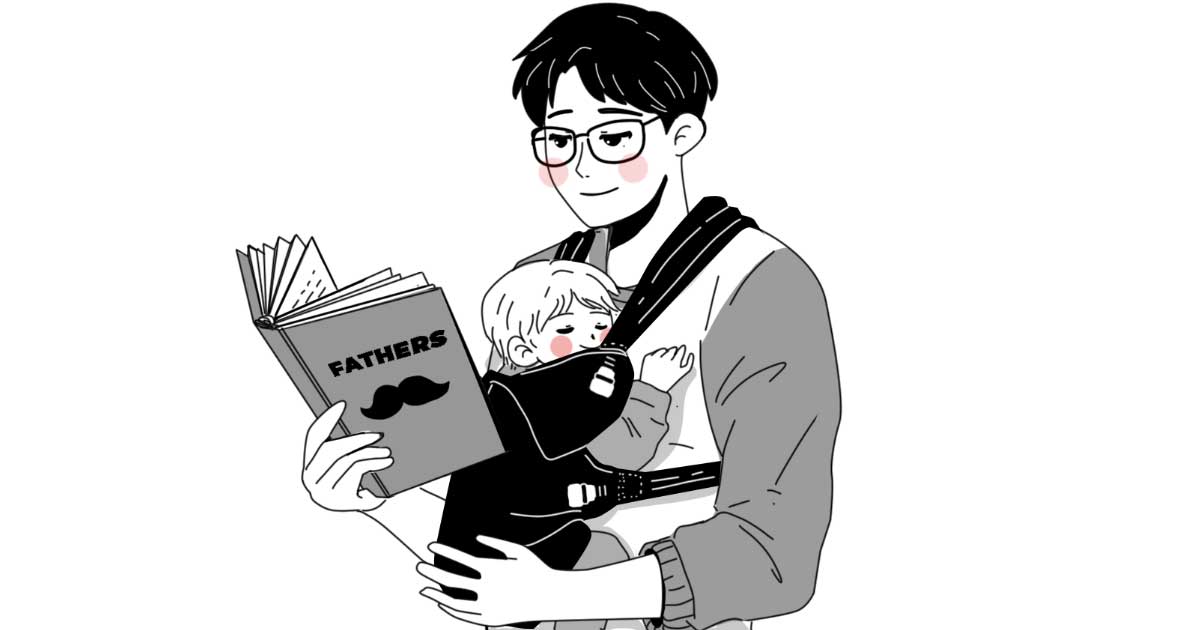I was having lunch with some friends the other day, and (as often happens in the Philippines) we began talking about the heat. One sighed, "At least it’s not like the ’90s, when we had rolling blackouts for hours." Trying to imagine my childhood without electricity felt strangely distant. It wasn't until visiting my childhood home recently that a clear memory emerged: my dad gathering my sisters and me onto the bed, pulling a blanket over us, turning on a flashlight, and telling stories, his calm voice gently keeping the darkness at bay, carrying us into sleep.
They say fathers profoundly shape who we become. Reflecting on myself now, it's clear how much my father influenced me, especially as a storyteller.
When I was ten, breathing gradually became difficult. First came the wheezing, then the tightness in my chest, and eventually, a doctor informed us that I had asthma. My father took me running in the mountains to strengthen my lungs. I hated it— the sweating and the constant ache in my legs and chest. Noticing my frustration, he gently asked, "When you look at the air around you, what do you see?" I described the tiny flecks of dust floating gently when my gaze unfocused. My father was never afraid to turn what he learned into simple stories for a child to grasp. He explained softly that these specks were called Prana, a subtle energy surrounding us, filling the world with life. Later, when he gave me his copy of "Autobiography of a Yogi," I understood more clearly what he meant. Even now, when things feel hard, I still look for Prana.
My father's love for words made bookstores a natural place for us. Whether the books were new or secondhand, we'd spend hours browsing shelves without looking for anything specific. This same attention to language carried over when he prepared for important presentations. He would pace around with a tape recorder, carefully dictating his words, because to him, words were more than just letters on a page—how they sounded and how they felt mattered just as much.
Working in marketing for a pharmaceutical company, my father sometimes received free tickets to shows by Repertory Philippines, a local theater company. He always ensured we attended, even if it meant staying up late, sipping overly sweet cappuccinos at Dome in Shangri-La Plaza. Those evenings sparked my enduring love for theater.
Though he never labeled himself a storyteller (proudly identifying instead as a marketing man), it was his stories that gently carried him through the most difficult moments, providing a sense of comfort and strength when my mother fell gravely ill. No one can write a story good enough to ease the pain of losing someone you love. Poems don't talk about applying ointment to scars that never heal, nor do songs describe the gradual loss of hair or how bones slowly become brittle until someone is barely strong enough to speak or stand. But somehow, my dad did.
One particularly tough day, as cancer weakened her body, my mother was in immense pain and unable to move. My father carefully propped her up, gently placed her delicate arms around his shoulders, and softly said, "We're just dancing." She managed a faint smile. I took a photo, unaware it would become their last dance.
Reflecting on these memories now, I'm reminded of a quote from Eric Gamalinda’s "Empire of Memory": “But as I began, so shall I end: with a story, because there is nothing in this world to keep us going but the retelling of our lives, and of those we love.” These words remind me deeply of my father.
While society often emphasizes providing and protecting as central aspects of fatherhood, my father taught me that these roles are complemented beautifully by the quiet strength of storytelling. After all, without stories, how else would we know how to slay our dragons?

